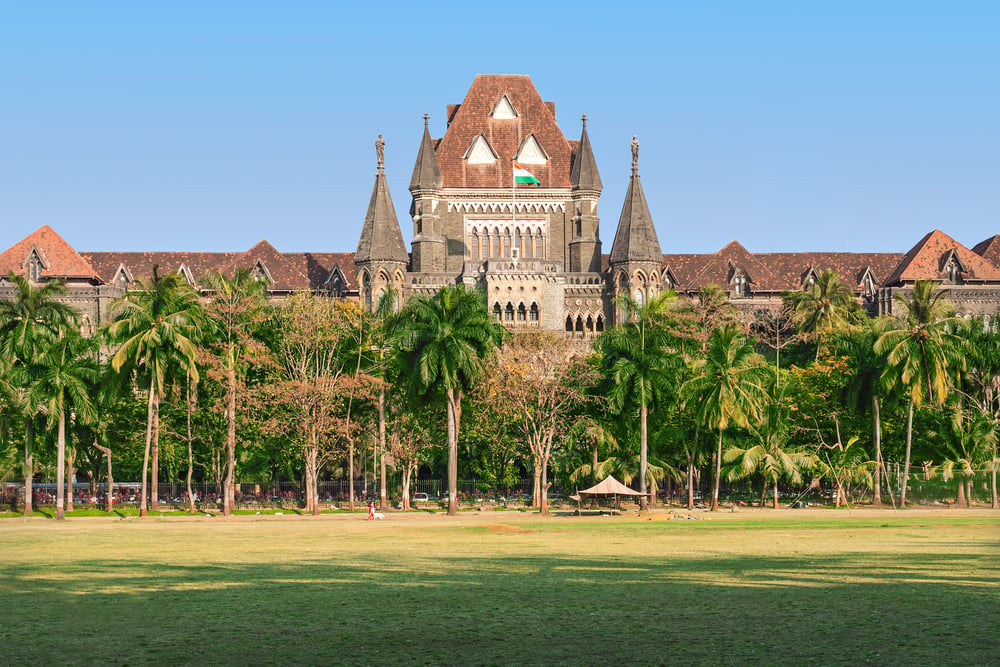In a laudable judgment, the Bombay High Court waived the six months’ cooling-off period under the Hindu Marriage Act as the woman was pregnant by another man.
By Gautam Mishra
In a rare judgment, the Bombay High Court waived the six months’ cooling-off period provided under Section 13B of the Hindu Marriage Act, 1955. This was done after it accepted a woman’s plea to dissolve her marriage as she was pregnant by another man whom she intended to marry after the divorce.
A single judge bench of Justice Nitin W Sambre noted that
“it will be appropriate in the fitness of things, particularly having regard to the medical/health condition of the Petitioner, to allow the joint application moved for waiving the period as specified under Section 13B of the Hindu Marriage Act”.
The joint application seeking the waiver was given by the woman and her husband. They were living separately since 2018. The bench allowed the petition while referring to the judgment in Amardeep Singh vs Harveen Kaur, where the bench observed:
“Since we are of the view that the period mentioned in Section 13B(2) is not mandatory but directory, it will be open to the Court to exercise its discretion in the facts and circumstances of each case where there is no possibility of parties resuming cohabitation and there are chances of alternative rehabilitation.”
However, this provision was meant to enable the parties to dissolve a marriage by consent if it had irretrievably broken down and to allow rehabilitation of the couple as per available options. The six-month period was to enable the parties to have a rethink so that the court grants divorce only if there is no chance for reconciliation.
Lord Campbell in Liverpool Borough Bank vs Turner, 1860, had also noted:
“No universal rule can be laid down as to whether mandatory enactments shall be considered directory only or obligatory with an implied nullification for disobedience. It is the duty of courts of justice to try to get at the real intention of the legislature by carefully attending to the whole scope of the statute to be considered.”
Earlier, other courts had also waived the six months’ cooling-off period in exceptional circumstances. However, the courts have not laid down any law on the issue of the cooling-off period being mandatory or directory.
In Amardeep Singh vs Harveen Kaur, the apex court finally held that Section 13B(2) was a directory and the Court may consider waiving the cooling-off period after considering the following:
“i. the statutory period of six months specified in Section 13B(2), in addition to the statutory period of one year under Section 13B(1) of separation of parties is already over before the first motion itself;
“ii. all efforts for mediation/conciliation including efforts in terms of Order XXXIIA Rule 3 CPC/Section 23(2) of the Act/ Section 9 of the Family Courts Act to reunite the parties have failed and there is no likelihood of success in that direction by any further efforts;
“iii. the parties have genuinely settled their differences including alimony, custody of child or any other pending issues;
“iv. the waiting period will only prolong their agony.”
Also Read: Temple land can only be used for benefit of temple, rules Madras High Court
Justice Sambre further directed the family court to decide the application for divorce as expeditiously as possible. Such judgments come as a relief to couples who can’t get along with each other.



